Why did you just show a bit the error? Why not the full message, maybe even the full traceback!
In [60]: sys = signal.lti(num_c, den_c)
---------------------------------------------------------------------------
TypeError Traceback (most recent call last)
<ipython-input-60-21f71ecd8884> in <module>
----> 1 sys = signal.lti(num_c, den_c)
/usr/local/lib/python3.6/dist-packages/scipy/signal/ltisys.py in __init__(self, *system, **kwargs)
590 self._den = None
591
--> 592 self.num, self.den = normalize(*system)
593
594 def __repr__(self):
/usr/local/lib/python3.6/dist-packages/scipy/signal/filter_design.py in normalize(b, a)
1609 leading_zeros = 0
1610 for col in num.T:
-> 1611 if np.allclose(col, 0, atol=1e-14):
1612 leading_zeros += 1
1613 else:
<__array_function__ internals> in allclose(*args, **kwargs)
/usr/local/lib/python3.6/dist-packages/numpy/core/numeric.py in allclose(a, b, rtol, atol, equal_nan)
2169
2170 """
-> 2171 res = all(isclose(a, b, rtol=rtol, atol=atol, equal_nan=equal_nan))
2172 return bool(res)
2173
<__array_function__ internals> in isclose(*args, **kwargs)
/usr/local/lib/python3.6/dist-packages/numpy/core/numeric.py in isclose(a, b, rtol, atol, equal_nan)
2267 y = array(y, dtype=dt, copy=False, subok=True)
2268
-> 2269 xfin = isfinite(x)
2270 yfin = isfinite(y)
2271 if all(xfin) and all(yfin):
TypeError: ufunc 'isfinite' not supported for the input types, and the inputs could not be safely coerced to any supported types according to the casting rule ''safe''
Now look at the elements of the num_c list (same for den_c):
In [55]: num_c[0]
Out[55]: 500000.000000000
In [56]: type(_)
Out[56]: sympy.core.numbers.Float
The scipy code is doing numpy testing on the inputs. So it's first turned the lists into arrays:
In [61]: np.array(num_c)
Out[61]: array([500000.000000000], dtype=object)
This array contains sympy object(s). It can't cast that to numpy float with 'safe'. But an explicit astype uses unsafe as the default:
In [63]: np.array(num_c).astype(float)
Out[63]: array([500000.])
So lets convert both lists into valid numpy float arrays:
In [64]: sys = signal.lti(np.array(num_c).astype(float), np.array(den_c).astype(float))
In [65]: sys
Out[65]:
TransferFunctionContinuous(
array([100200.4008016]),
array([1.00000000e+00, 1.02004008e+05]),
dt: None
)
Conversion in a list comprehension also works:
sys = signal.lti([float(i) for i in num_c],[float(i) for i in den_c])

